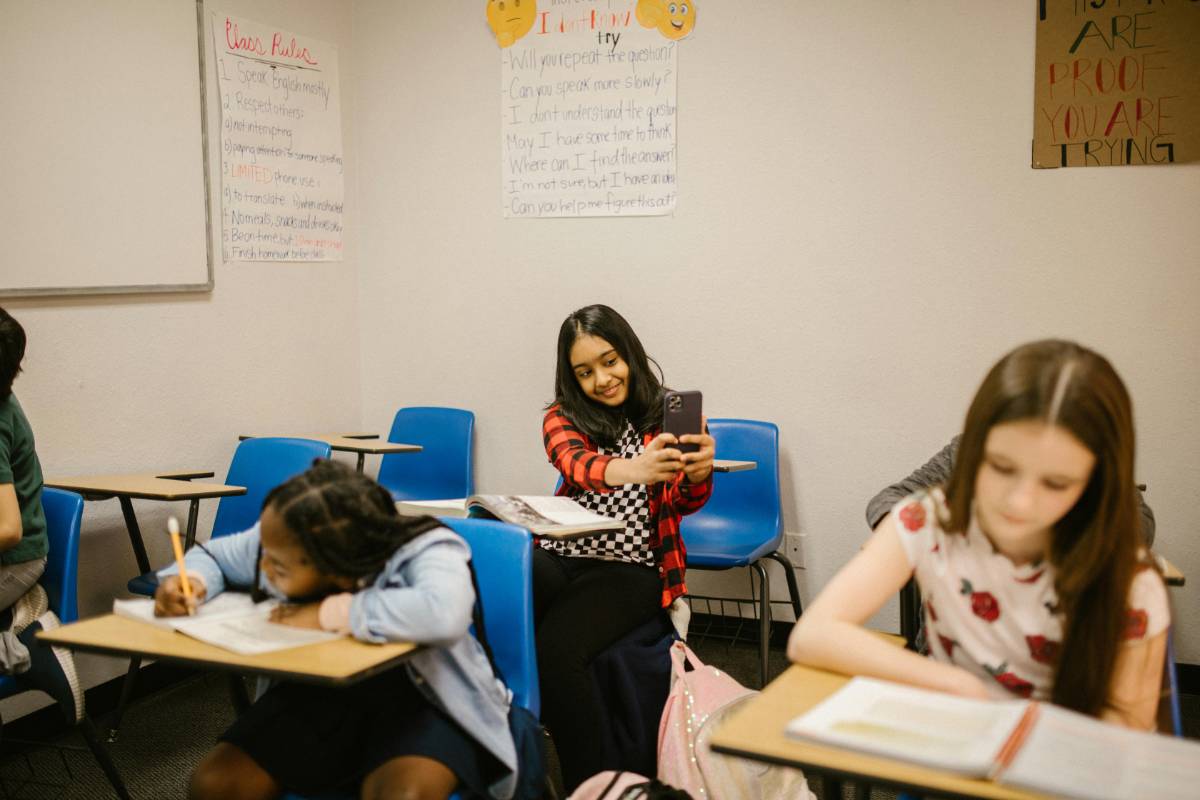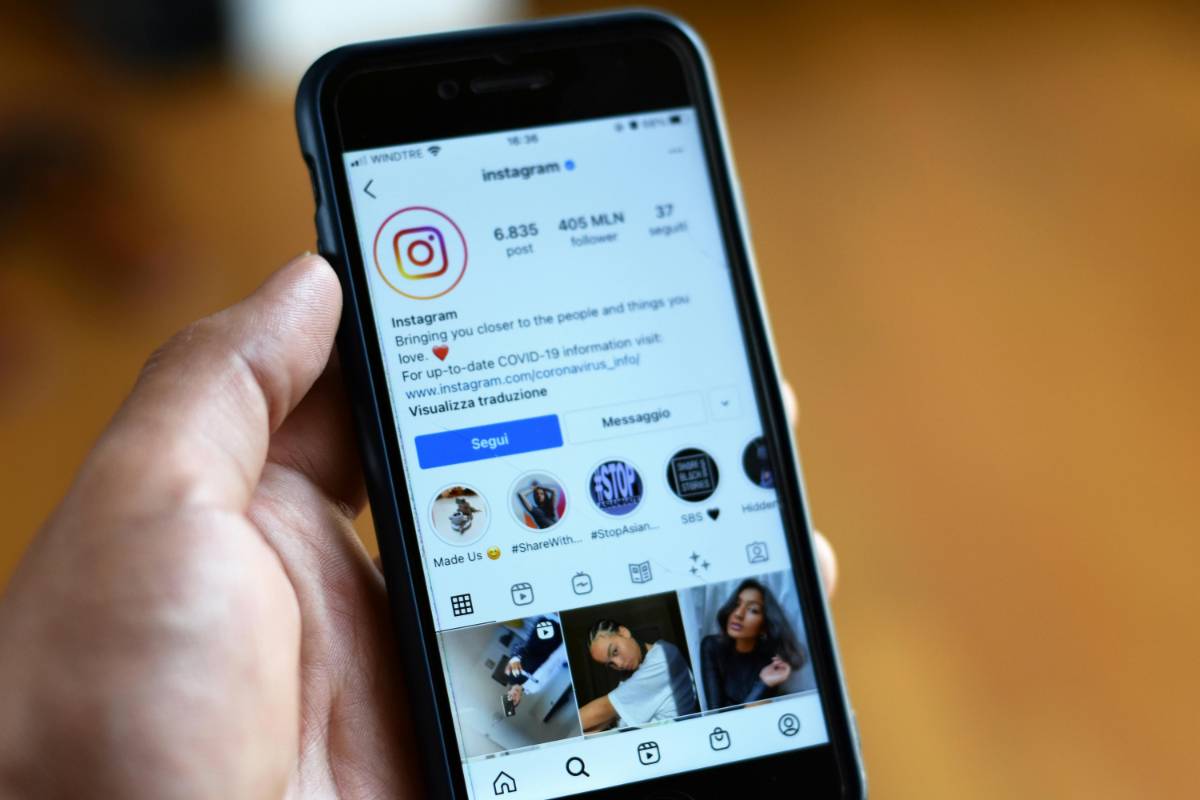The Influence of Social Media on Mental Health in Teens
04 Sep 2025
Read Time: 3 min read

Social media has become a dominant force in the lives of teenagers, providing a platform for communication, entertainment, and self-expression. However, the growing use of social media among teens has raised concerns about its potential impact on their mental health. Understanding how social media affects teens' well-being is crucial in addressing the challenges that come with digital engagement.
 The Positive Aspects of Social Media for Teens
The Positive Aspects of Social Media for TeensWhile there are negative effects, social media can also offer benefits for teens, helping them connect with peers, discover new interests, and express themselves. It can create a sense of community, particularly for those who may feel isolated in their immediate surroundings. Positive interactions on platforms can lead to feelings of support and belonging.
Educational Content and Self-ImprovementMany teens use social media to access educational content, learn new skills, and explore different cultures. Platforms like YouTube, Instagram, and TikTok offer a variety of resources that can promote personal growth and inspire creativity. Social media can also foster a sense of belonging by connecting teens with like-minded individuals who share similar passions and interests.
Social media allows teens to maintain relationships with friends and family members who may be geographically distant. It helps strengthen their social network, especially for those who have difficulty making connections in person. These connections can provide emotional support and boost self-esteem, as teens feel connected to others who share their experiences.
💡 Discover More from Social-Media
Despite the positives, there are significant downsides to social media usage that affect teens’ mental health. Prolonged exposure to social media can have a range of adverse effects, from feelings of inadequacy to increased anxiety.
Increased Anxiety and DepressionOne of the most alarming consequences of social media use is its association with increased levels of anxiety and depression in teens. Constant exposure to idealized images, unrealistic beauty standards, and curated lifestyles can lead to feelings of inadequacy and low self-esteem. Teens may compare their lives to the seemingly perfect lives portrayed by influencers and celebrities, which can trigger negative emotions.
Cyberbullying and Online HarassmentCyberbullying is a growing concern, with social media providing a platform for harassment and bullying. Teens may face online abuse from their peers, which can have devastating effects on their mental health. The anonymity of the internet often emboldens bullies, making it harder for victims to escape the harm caused by negative comments and public humiliation.
Social Media AddictionTeens are at a higher risk of developing social media addiction, spending excessive time on platforms at the expense of face-to-face interactions, schoolwork, and physical activity. This addiction can lead to disruptions in sleep patterns, reduced academic performance, and decreased physical well-being, all of which can contribute to mental health issues.

The Role of Parents and Educators in Addressing Mental Health Concerns
Given the potential risks associated with social media use, it is essential for parents, educators, and caregivers to take an active role in supporting teens' mental health. They can help by educating teens about the impact of social media, encouraging open conversations, and setting healthy boundaries around screen time.
Setting Healthy BoundariesParents can help teens manage their social media use by setting boundaries and encouraging breaks from screens. Limiting screen time, especially before bedtime, can promote healthier sleep habits. Encouraging teens to spend time outdoors, engage in physical activities, and participate in face-to-face interactions can help reduce the negative effects of excessive social media use.
Promoting Open Conversations about Mental HealthCreating an open dialogue about mental health is crucial in addressing the impact of social media on teens. Teens should feel comfortable discussing their feelings, struggles, and experiences with social media. Encouraging these conversations helps reduce stigma and ensures that teens are not suffering in silence. Parents and educators should provide reassurance and support when needed.
The Importance of Digital LiteracyTeaching teens about digital literacy is essential for helping them navigate social media in a healthy way. This includes understanding the potential risks of online engagement, recognizing the signs of cyberbullying, and developing strategies for managing negative emotions related to social media use. Teens who are digitally literate are more likely to use social media in a positive and responsible manner.
Social media has a profound impact on the mental health of teens, both positively and negatively. While it can foster connections and provide valuable resources, it also carries significant risks, including increased anxiety, depression, and cyberbullying. By understanding these effects and taking proactive steps to promote healthy social media habits, parents, educators, and teens can work together to mitigate the negative consequences and ensure that social media remains a positive influence in their lives.
Stay Informed
Get the latest and most accurate news delivered straight to your inbox. Subscribe now and never miss an update.

Rahul Sharma
An insightful voice in the industry, crafting content that informs, inspires, and connects with readers.
View all articles →















